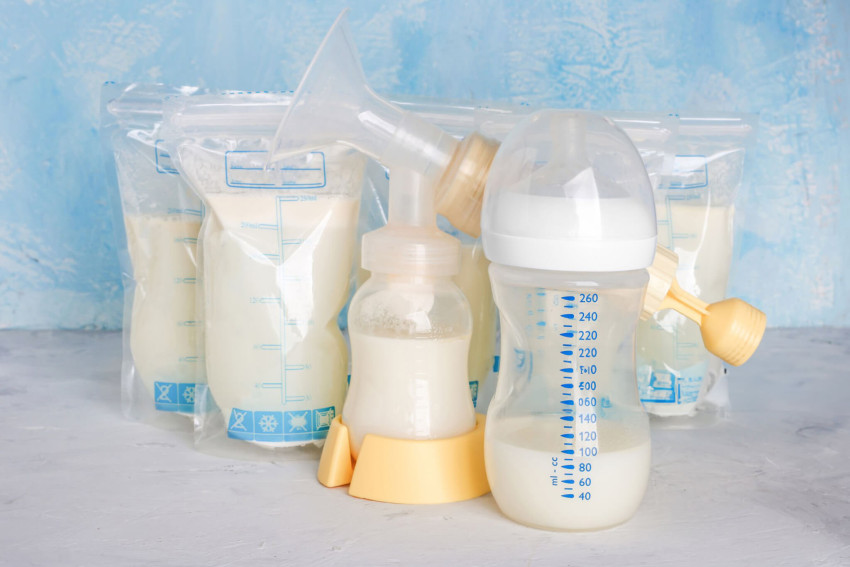
In the delicate world of premature babies, every ounce of care counts. For these tiny fighters, breast milk fortified with essential nutrients serves as a lifeline, offering crucial support for their fragile bodies. From bolstering immune defenses to aiding in proper growth and development, the benefits of fortifier breast milk for premature infants cannot be overstated.
Understanding Fortified Breast Milk
Optimal Nutrition: Premature infants often require extra nutrients to support their rapid growth and development outside the womb. Fortifying breast milk with additional calories, protein, vitamins, and minerals helps meet these heightened nutritional needs.
Enhanced Weight Gain: Preemies face challenges in gaining weight due to their premature birth and underdeveloped digestive systems. Fortified breast milk provides the necessary nutrients to promote healthy weight gain and support overall growth.
Boosted Immune Function: Premature babies are particularly vulnerable to infections and illnesses due to their immature immune systems. Fortified breast milk contains antibodies and other immune-boosting factors that help protect these vulnerable infants from infections and promote a stronger immune response.
Reduced Risk of Necrotizing Enterocolitis (NEC): NEC is a serious gastrointestinal condition that primarily affects premature infants. Studies have shown that feeding premature babies fortified breast milk can significantly reduce their risk of developing NEC, a potentially life-threatening condition.
The Importance of Pasteurized Human Milk
While fortifying breast milk provides essential nutrients and benefits for premature babies, the role of pasteurized human milk cannot be overlooked in supporting their health and well-being.
Safe and Sterile: Pasteurized human milk undergoes a rigorous process to eliminate harmful bacteria while preserving its nutritional integrity. This ensures that premature infants receive safe and sterile milk, reducing the risk of infections and other complications.
Nutrient-Rich: Human milk, whether fortified or pasteurized, remains a superior source of nutrition for premature babies. Its unique composition, including antibodies, enzymes, and growth factors, supports optimal growth, development, and immune function in these vulnerable infants.
Tailored Nutrition: Pasteurized human milk provides a perfect balance of nutrients specifically tailored to meet the needs of premature infants. Its composition evolves over time to adapt to the changing nutritional requirements of growing babies, offering unmatched support for their delicate systems.
Conclusion: Nurturing Fragile Beginnings
In the journey of caring for premature babies, fortifying breast milk and providing pasteurized human milk play integral roles in promoting their health and well-being. Fortified breast milk offers essential nutrients, supports healthy weight gain, boosts immune function, and reduces the risk of complications such as NEC. Meanwhile, pasteurized human milk provides a safe, nutrient-rich foundation that nurtures these tiny fighters from their fragile beginnings.
As parents and healthcare providers, it is essential to recognize the critical importance of both fortified breast milk and pasteurized human milk in supporting the unique needs of premature infants. By harnessing the power of nature's perfect food and enhancing it with essential nutrients, we can give premature babies the best possible start in life, setting the stage for a bright and healthy future. In the journey of nurturing these tiny fighters, every drop of fortified breast milk and pasteurized human milk is a testament to our unwavering commitment to their health and well-being.





